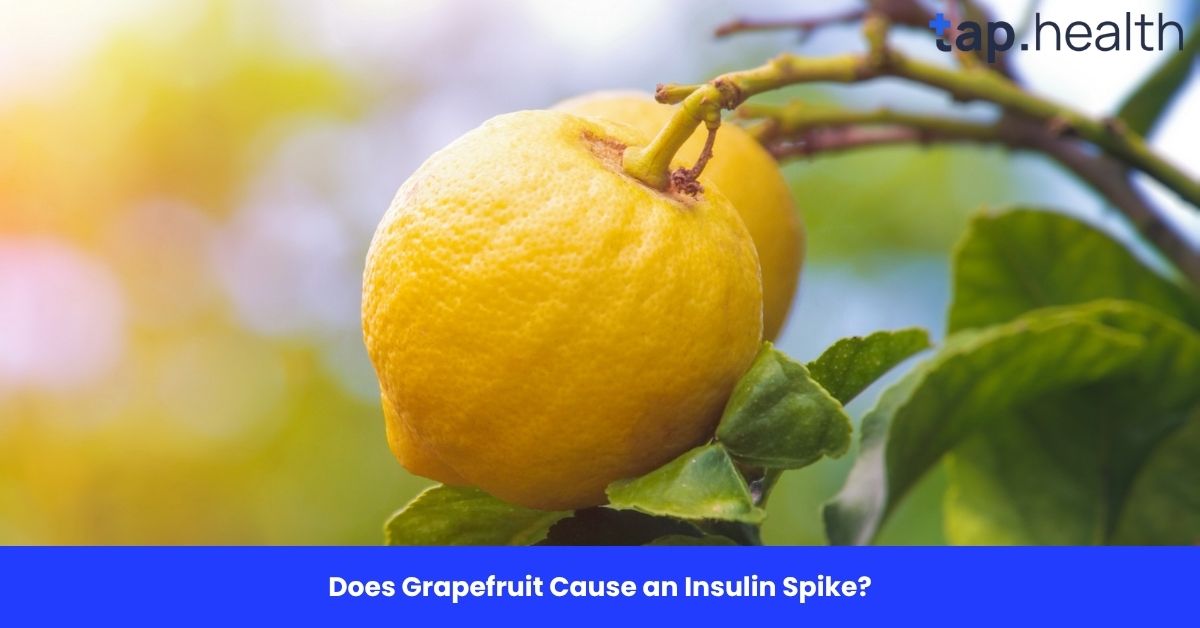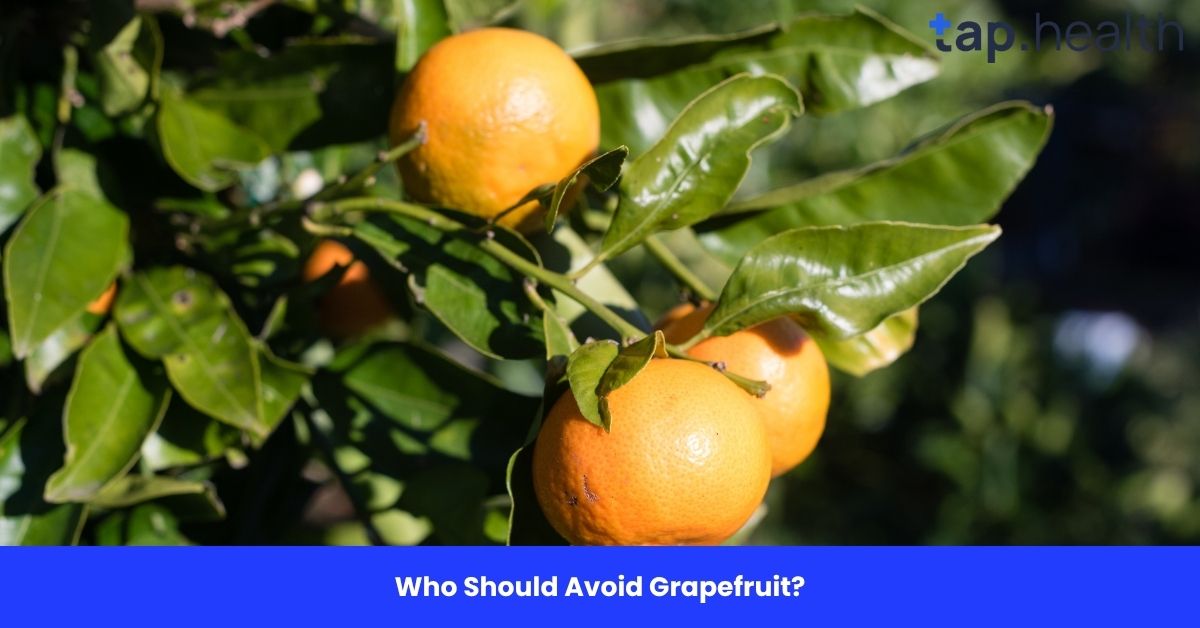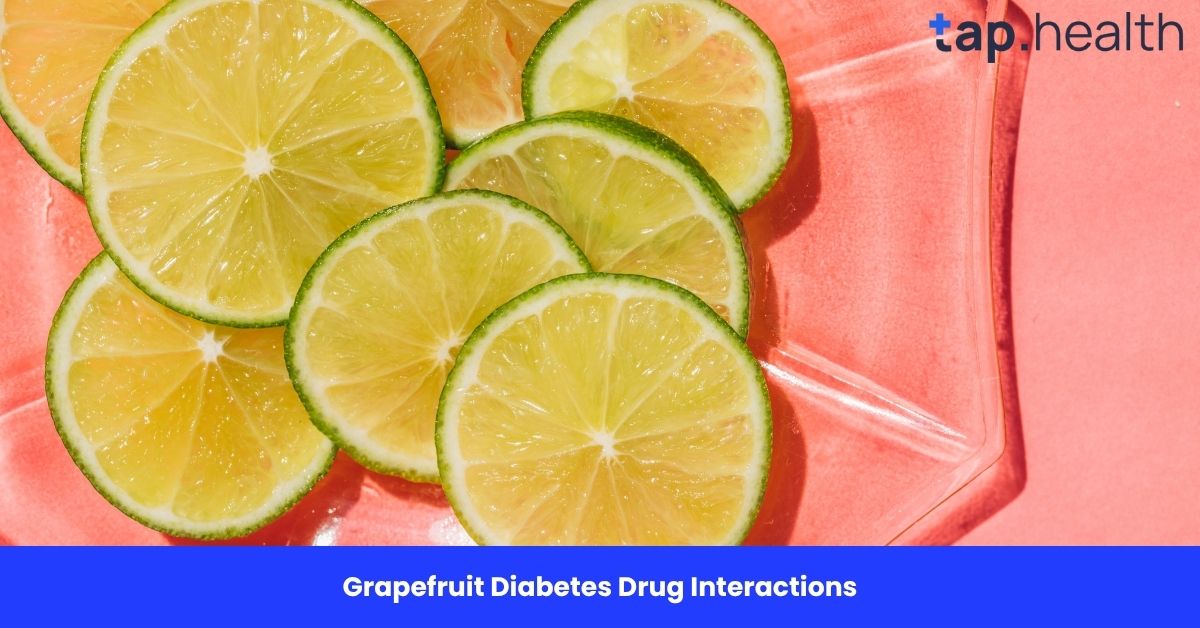Pregnancy comes with a lot of questions about diet, and one of the most common questions expecting mothers ask is whether certain fruits, like litchi, are safe to consume during pregnancy. Litchi, a sweet and juicy tropical fruit, is packed with vitamins, minerals, and antioxidants, but it’s essential to know if it’s suitable for you and your growing baby.
In this article, we’ll answer whether litchi can be eaten during pregnancy, explore its benefits, possible risks, and share guidelines for safely enjoying this fruit during this special time.
What is Litchi?
Litchi (also spelled lychee) is a tropical fruit native to China and is widely enjoyed in many parts of Asia. It has a unique texture, with a sweet, juicy interior surrounded by a rough, spiky peel. The fruit is small, round, and often bright pink or red in color. Litchis are commonly eaten fresh, but they can also be found in canned or dried forms.
Nutritionally, litchis are an excellent source of vitamins and minerals, especially Vitamin C, which is essential for immune function and collagen production. They also contain antioxidants, fiber, and natural sugars, which contribute to their sweet taste.
Nutritional Value of Litchi
- Calories: 66 per 100g serving
- Carbohydrates: 16.5g
- Protein: 0.83g
- Fat: 0.44g
- Fiber: 1.3g
- Vitamin C: 71.5mg (about 120% of the daily recommended intake)
- Potassium: 171mg
- Magnesium: 10mg
- Copper: 0.1mg
Can You Eat Litchi During Pregnancy?
Yes, litchi is safe to eat during pregnancy, but like any fruit, it should be consumed in moderation. This tropical fruit can offer numerous health benefits, but it’s important to follow certain precautions to avoid any potential risks.
Benefits of Eating Litchi During Pregnancy
Litchi offers several benefits for pregnant women, thanks to its rich nutrient profile. Here are some of the reasons why litchi can be a great addition to your pregnancy diet:
1. Rich Source of Vitamin C
Litchi is a powerhouse of Vitamin C, a key nutrient during pregnancy. Vitamin C is essential for:
- Boosting the immune system: Pregnancy can weaken the immune system, making you more susceptible to infections. Vitamin C helps strengthen your immune defenses.
- Collagen production: Vitamin C aids in the formation of collagen, which is important for skin, blood vessels, and tissue repair during pregnancy.
- Iron absorption: Vitamin C enhances the absorption of iron from plant-based foods, reducing the risk of iron deficiency anemia during pregnancy.
2. Promotes Healthy Digestion
Litchi contains fiber, which can help maintain healthy digestion and prevent common pregnancy issues such as constipation. The fruit’s fiber content can help regulate bowel movements and support gut health.
3. Good for Skin Health
The antioxidants in litchi, including flavonoids and vitamin C, help protect the skin from oxidative stress and promote healthy skin. During pregnancy, many women experience skin changes, and the antioxidants in litchi may help maintain skin elasticity and reduce the risk of skin issues.
4. Boosts Energy Levels
Litchi contains natural sugars, such as fructose and glucose, which can provide a quick energy boost when you’re feeling fatigued. This is particularly helpful during pregnancy, when energy levels can fluctuate.
5. Rich in Potassium
Litchis are a good source of potassium, an essential mineral that helps maintain proper fluid balance and supports healthy muscle and nerve function. Potassium can also help reduce swelling, which is common during pregnancy, particularly in the feet and ankles.
Possible Risks of Eating Litchi During Pregnancy
While litchi is generally safe for pregnant women, there are a few risks and precautions to keep in mind:
1. Excessive Sugar Content
Litchi is naturally high in sugar, and eating too much of it can cause blood sugar spikes, which may be problematic for women with gestational diabetes or those who are at risk of developing it. If you are managing gestational diabetes, it’s important to monitor your sugar intake and consult your doctor before eating too much fruit.
2. Allergic Reactions
In rare cases, some people may be allergic to litchi. Symptoms of an allergic reaction may include swelling, rash, or itching. If you experience any unusual reactions after eating litchi, discontinue its consumption and seek medical advice.
3. Overconsumption Risks
Like any food, eating too much litchi can lead to digestive discomfort, such as stomach bloating or diarrhea. Moderation is key when consuming this fruit during pregnancy to avoid any gastrointestinal issues.
4. Avoid Unripe Litchi
Unripe litchi contains a compound called hypoglycin A, which has been linked to hypoglycemia (low blood sugar) and other health issues. It’s important to consume ripe litchi to avoid any harmful effects. If you’re purchasing litchis, make sure they’re fully ripe before eating them.
How to Safely Eat Litchi During Pregnancy
To enjoy litchi safely during pregnancy, here are a few tips to keep in mind:
1. Moderation is Key
While litchi is packed with nutrients, it’s important to consume it in moderation. Aim for 1-2 servings of litchi a day (about 6-8 fruits), depending on your overall diet and calorie needs.
2. Wash Thoroughly Before Eating
Make sure to wash litchis thoroughly before eating to remove any pesticides, dirt, or chemicals that may be present on the peel. Even if you’re peeling the fruit, it’s important to rinse it to ensure it’s safe.
3. Choose Fresh, Ripe Litchis
Always choose fresh, ripe litchis to avoid any risks associated with unripe fruit. Fresh litchis are typically pink or red in color, and the peel should come off easily. If you’re unsure, ask your vendor or check the labels on packaged litchis.
4. Balance with Other Fruits
Litchi can be a sweet addition to your diet, but don’t rely solely on it for your nutritional needs. Include a variety of fruits in your diet, such as apples, bananas, berries, and oranges, to ensure a well-rounded intake of vitamins and minerals.
5. Avoid Canned or Dried Litchi
Canned or dried litchi may contain added sugars and preservatives that can be harmful during pregnancy. Stick to fresh litchi whenever possible, and avoid products that may contain artificial additives.
Can Litchi Help with Morning Sickness?
Morning sickness is a common condition during the first trimester, and it can make it difficult to keep food down. Some women find that consuming fruits like litchi, which are hydrating and easy on the stomach, can help alleviate nausea. The sweet taste and high water content in litchi can be soothing for a sensitive stomach.
To make it more palatable, you can try freezing litchi into small cubes to make them more refreshing and easy to snack on.
How to Incorporate Litchi Into Your Pregnancy Diet
Litchi can be enjoyed in a variety of ways during pregnancy. Here are some ideas for including this delicious fruit in your diet:
1. Litchi Smoothie
Combine fresh litchi with yogurt, almond milk, and a handful of spinach for a refreshing and nutrient-packed smoothie. This is a great way to boost your Vitamin C intake.
2. Litchi Salad
Add fresh litchi to a fruit salad for a tropical twist. Combine it with other fruits like mangoes, pineapples, and bananas to make a colorful, nutrient-dense dish.
3. Litchi Juice
If you prefer drinking your fruits, litchi juice can be a great option. Just make sure to use fresh litchi and avoid commercially bottled juices that may contain added sugars and preservatives.
4. Litchi Desserts
Litchi can be a delicious addition to desserts like puddings, cakes, or ice creams. You can also incorporate it into traditional Asian desserts such as lychee jelly or lychee sorbet.
Frequently Asked Questions (FAQs) on Can Litchi Be Eaten During Pregnancy?
1. Is it safe to eat litchi during early pregnancy?
Yes, litchi is safe to eat during early pregnancy as long as it is consumed in moderation. It’s a good source of Vitamin C, which is important for your immune system, and can help with digestion.
2. Can litchi cause miscarriage?
There is no evidence to suggest that litchi causes miscarriage when consumed in moderation. However, consuming unripe litchi or eating it in excess may pose health risks, so always ensure the fruit is ripe and wash it properly.
3. How many litchis can I eat during pregnancy?
It’s safe to eat about 6-8 fresh litchis per day, which is equivalent to 1-2 servings. Avoid overconsumption, as litchi contains natural sugars that can affect blood sugar levels.
4. Are there any side effects of eating litchi during pregnancy?
While rare, some women may experience mild allergic reactions or digestive issues if they consume too much litchi. If you experience any discomfort, reduce your intake and consult a healthcare provider.
5. Can litchi help with pregnancy-related constipation?
Yes, litchi contains fiber, which can aid digestion and help relieve constipation, a common issue during pregnancy. Make sure to drink plenty of water along with fiber-rich fruits for optimal digestion.
Conclusion
Litchi is a delicious and nutritious fruit that can be safely enjoyed during pregnancy, as long as it’s eaten in moderation. Packed with Vitamin C, fiber, and potassium, litchi offers several health benefits for both you and your baby. By following safety guidelines such as consuming ripe fruit and avoiding overconsumption, you can enjoy the sweet and refreshing taste of litchi while supporting a healthy pregnancy. Always consult your doctor if you have any concerns or experience unusual symptoms after eating any food.


